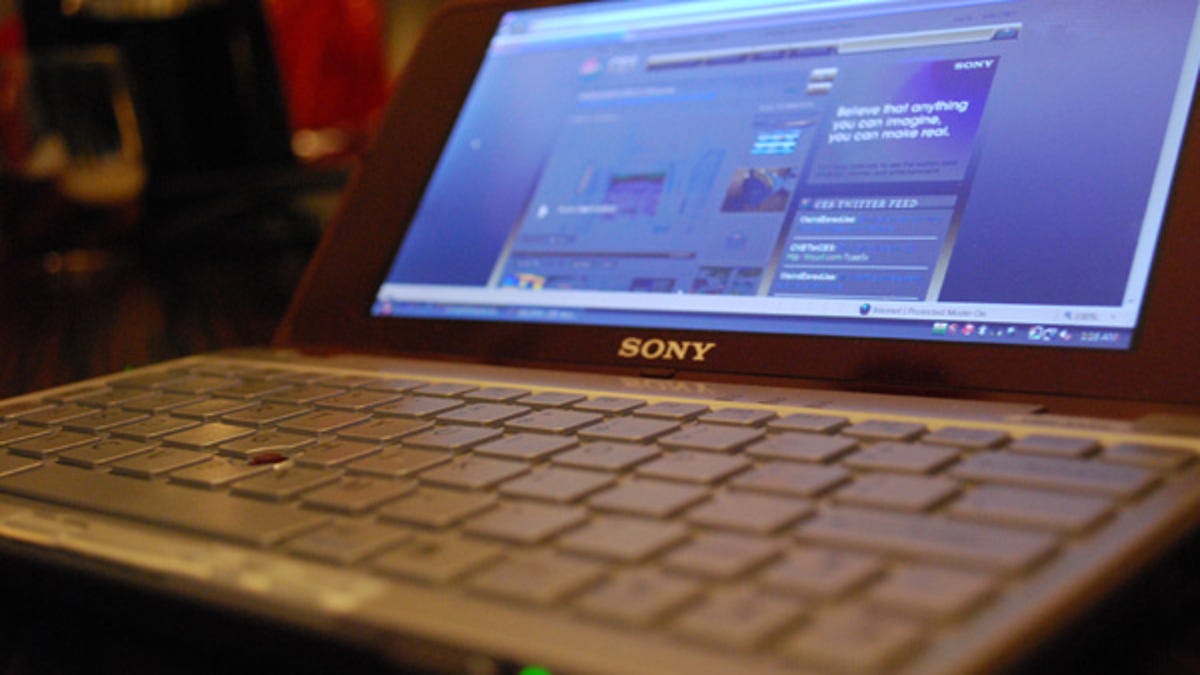CES 2009: Computers and hardware wrap-up
Wrapping up the big news and trends in computers and hardware at CES 2009.

Historically, the Consumer Electronics Show hasn't been a place where we'd find a ton of new laptops, desktops, or computer components. After all, PC makers had Comdex (a now-defunct Vegas trade show), and are generally more interested in hitting the back-to-school and holiday seasons than releasing new products in January.
Still, this year was a decent one for new introductions, and almost every major name in the computer business had a handful of new products to show off. Most were more evolutionary than revolutionary, but when you're dealing with essentially the same small pile of CPUs, GPUs, hard drives, and chipsets, anything that breaks away from the commoditization of PCs is a plus.
HP's Firebird desktopcontinues the integration of HP and its boutique brand acquisition, Voodoo. The system has the distinct look of a high-end Voodoo PC, but is branded as being "HP with Voodoo DNA," and carries a relatively mainstream price.
We also liked HP's Mini 2140 Netbook. In a field already crowded with essentially identical competitors, the brushed metal design and ExpressCard/54 slot are welcome points of differentiation.
Other players who tried to take the basic Netbook concept and improve on it include Sony, whose Atom-powered Lifestyle PC is an upscale take on the mini-laptop; Asus, with a swiveling touch-screen version of the popular Eee PC; and AMD, with the new Athlon Neo platform--essentially a low-price midpoint between Netbooks and mainstream laptops. (AMD also has a new desktop gaming platform called Dragon).
Interestingly, one of the most interesting laptops at CES made only a cameo appearance. Dell's slim Adamo was officially announced, and briefly glimpsed, but no real details or hands-on time were forthcoming. Contrary to earlier rumors, the Adamo looked a lot more like Voodoo's Envy 13-inch than the MacBook Air.
Perhaps the biggest pleasant surprise was the warm reception Windows 7received, despite not really having a big push at the show. Beta testers reported that the upcoming operating system scales very well to low-end Netbooks (which just plain don't work well with Vista), meaning that growing category might have a very big future.

